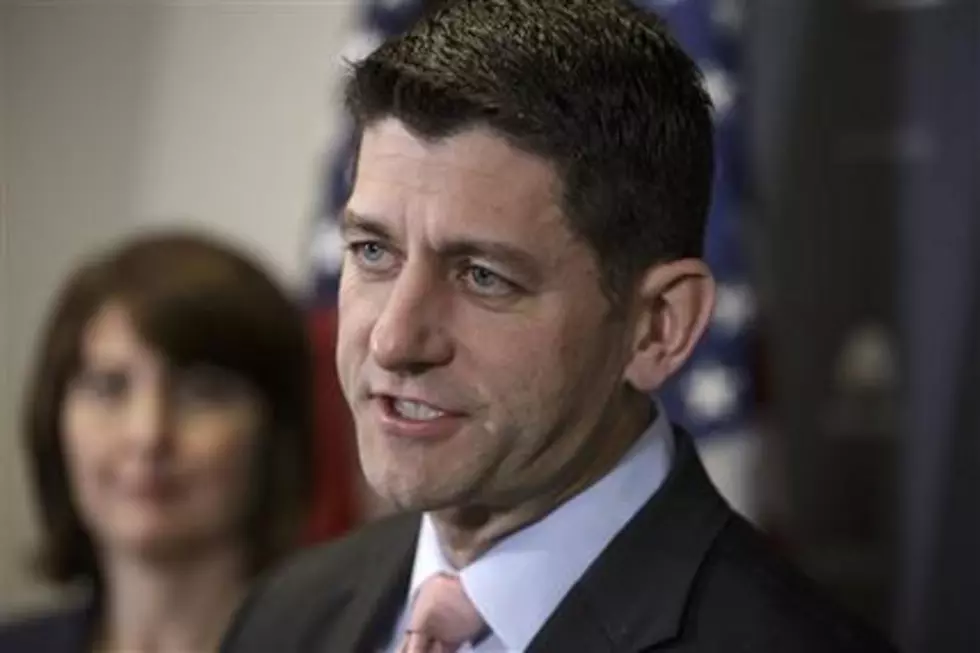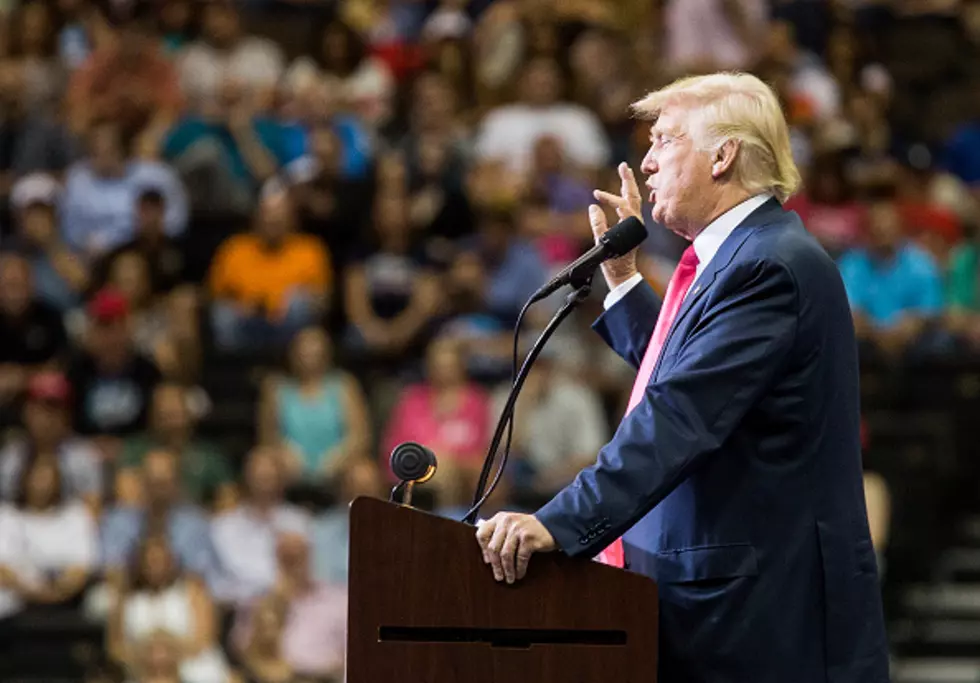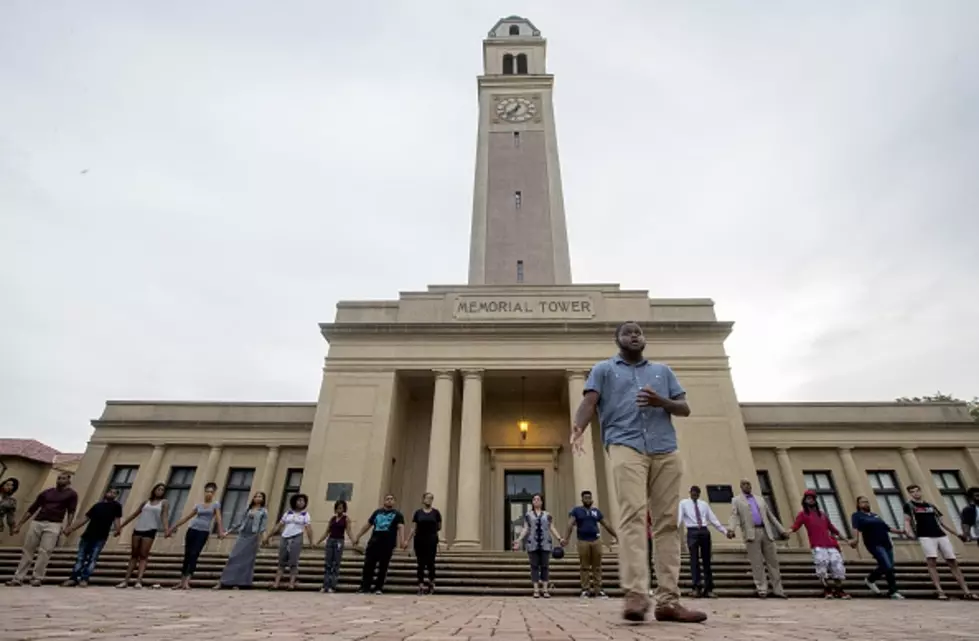
Ryan: No spending bills without broader budget plan
Top GOP lawmakers Tuesday promised increased spending for veterans' programs and National Guard construction projects but Speaker Paul Ryan says House Republicans need to bridge a broader divide over the budget before those spending increases -- and others -- can advance further.
House Republicans remain divided over next year's budget, with the party's most ardent conservatives refusing to back higher spending levels promised by last year's bipartisan budget agreement with President Barack Obama. That leaves Ryan short of the votes he needs to pass a budget blueprint that reaffirms the agreement.
The higher spending in the $82 billion veterans and military construction spending bill released by the Appropriations Committee on Tuesday is made possible by last year's budget pact, which eased a strict "cap" on the $1.1 trillion portion of the federal budget passed yearly by Congress. An Appropriations subcommittee is set to award initial approve of the measure on Wednesday
Under Capitol Hill's arcane budget process, Congress is supposed to set the appropriations cap each year as part of a more sweeping budget blueprint and Ryan said Tuesday that he won't orchestrate passage of a shortcut measure that would allow the 12 annual spending bills to come to the floor if Republicans remain divided.
"No, we need to do a budget," Ryan told reporters.
The Budget Committee approved its fiscal framework last week, but many tea party lawmakers oppose it since it permits about $46 billion or so in higher spending that the deal with Obama permits for the upcoming round of appropriations bills for the 2017 fiscal year starting Oct. 1.
The deal with Obama combined a politically poisonous increase in the government's borrowing limit with additional money sought by defense hawks for the Pentagon with money demanded by Obama and his Democratic allies for domestic agencies. It required Democratic votes to make up for widespread opposition by GOP conservatives, but those Democrats won't vote for this year's follow-up GOP budget because it's laced with proposals -- albeit nonbinding -- to cut Medicare, Medicaid, the Affordable Care Act, and a host of other programs.
The situation now combines to leave GOP leaders short of the votes they need to pass this year's budget.
"We're still having that family conversation with our members about how to proceed with the budget," Ryan said. A spokeswoman cautioned that Ryan is "not ruling anything in or out at this time" and may in fact proceed with the spending bills even without a broader agreement.
The annual spending bills typically consume the better part of three months or so of the House calendar, giving rank-and-file lawmakers lots of opportunities to offer amendments reallocating funds or seeking to shape policy through "riders" that can, for instance, try to block administration rules on environmental regulations.
Meanwhile, Ryan is backing up Appropriations Committee Chairman Harold Rogers, R-Ky., in a fight with the administration over Obama's almost $2 billion request to combat the Zika virus that is threatening unborn children in Latin America with disastrous birth defects and has spread to the U.S. on a limited basis.
Rogers says that the quickest way to get the money to fight Zika would be to use money that's left over from the $5 billion approved in 2014 to combat the Ebola crisis.
"There is plenty of money in the pipeline right now, money that is not going to Ebola," Ryan said.
(Copyright 2016 The Associated Press. All rights reserved. This material may not be published, broadcast, rewritten or redistributed.)
More From New Jersey 101.5 FM









